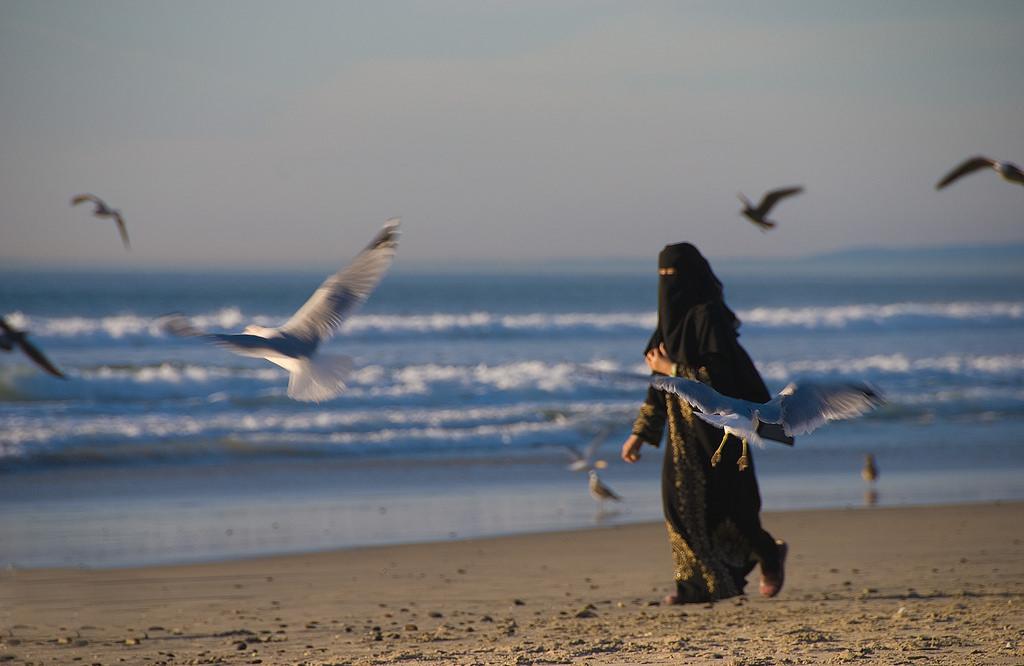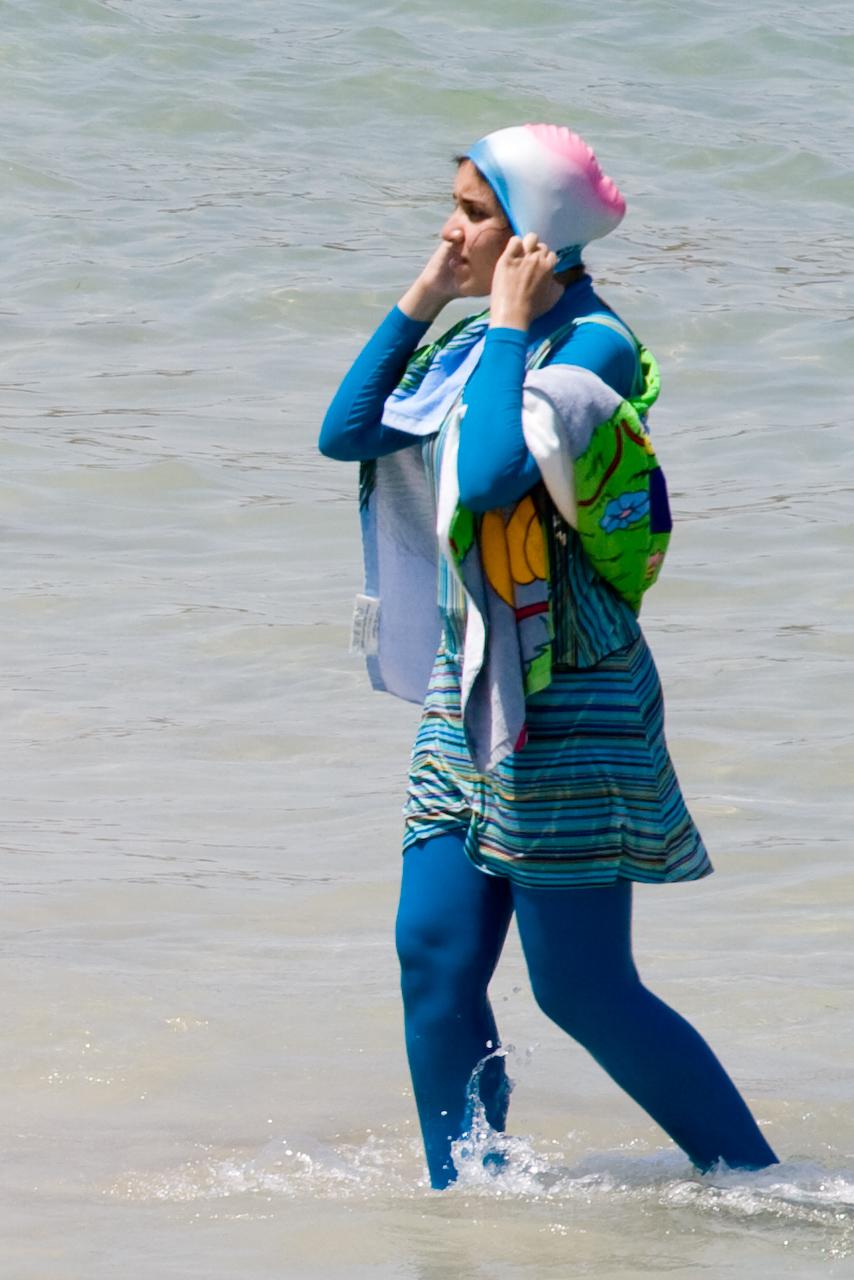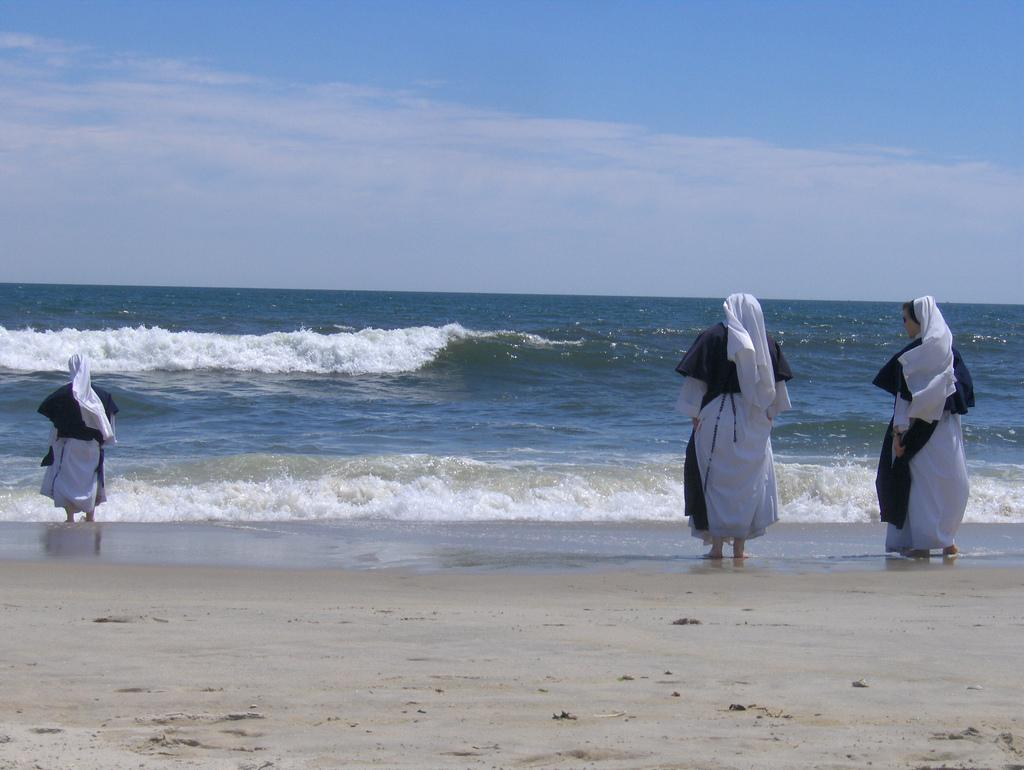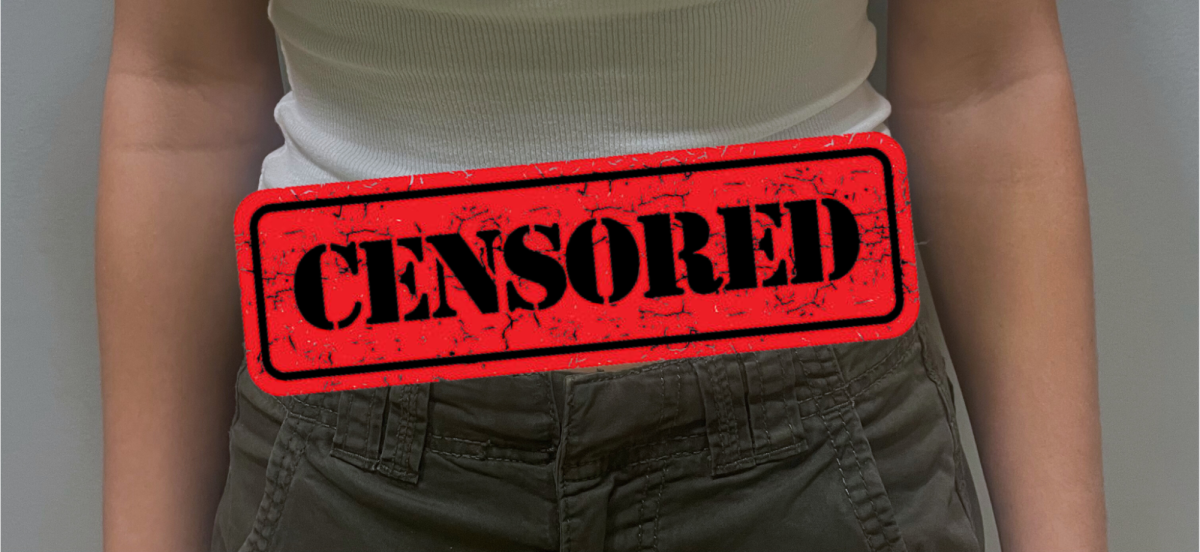America is, quite simply, a multicultural nation of immigrants. We’ve got the cultural diversity, inequity, and cuisine to prove it.
France defines its cultural identity a bit differently.
One of the main values of French government and culture is a unified community. This ideology has contributed to French attitude towards multiculturalism throughout the past few centuries– in response to global and domestic terrorism, secularity in education, and the freedom of religious expression.
Recently, a French ban of Muslim garments has left a controversial battle between feminists, Islamophobes, progressives, multiculturalists, and Muslims in France and around the world.
Background
The French government has a long-standing history of emphasizing Laïcité, the secularity of its government. This value has reverberated around the world; many nations, including America, try to enforce the separation of church and state. Laïcité, however, uniquely originated in the enforcement of secular education.
Laïcité was first used with its current definition in the 1871 removal of religious teachers from elementary schools. In 2003, President Jacques Chirac’s committee explored the practical applications of Laïcité, reiterated secular education, and condemned “conspicuous” religious symbols, including headscarves, turbans, and kippot.
Regarding hijabs, a type of headscarf often worn by Muslim women, the committee stated:
“For those wearing it, the headscarf can have different meanings. The wearers may have exercised a free personal choice to wear the headscarf; or external pressure may have forced them to do so. Most French people find this idea of constraint or pressure particularly intolerable when it relates to young girls (some girls start wearing a headscarf before the age of 11)”.
These ultimately antagonistic judgements were put into practice when a bill, later officially titled Law #2004-228, passed French legislature and was signed into law in 2004. Though the bill called for a ban of any religious symbols from schools and universities, its primary aims were hijabs, burqas, and other Muslim garments worn by females to adhere to modesty doctrines and customs. Both the major democratic and conservative political groups in France, as well as a majority of French citizens, supported the bill’s passing. However, it generated significant international criticism.
The Human Rights Watch, an international non-governmental organization (NGO), stated:
“The proposed law is an unwarranted infringement on the right to religious practice. For many Muslims, wearing a headscarf is not only about religious expression, it is about religious obligation.”

Aicha Toure is a Senegalese social studies teacher at Académie Lafayette, a Kansas City, MO. French language immersion public charter school. “The burka itself isn’t a restriction,” she commented, in French, “because it is cultural and religious for those who wear it.”

For some, a hijab or burqa symbolizes oppression and patriarchal dominance, and the law provides comfort and empowerment. For others, the garments symbolize pride and identity, and the law provides legal basis for Islamophobia.
Because Christian holidays are still celebrated in French public schools, religious regulations, especially Law #2004-228, seem to disproportionately target Muslims.
Despite the controversy, the law has remained in place since 2004.
This summer, the debate intensified because of burqa-like swimwear that has been banned in over 20 French cities since August. These “burkinis” were originally created by Lebanese-Australian fashion designer Aheda Zanetti, but the term expanded to include any type of full-body swimwear.

Though meant as a burqa substitute, around 40% of burkini-wearers are non-Muslim. Many Haredi (observant/orthodox sect of Israeli Judaism) women in Israel wear burkinis as a method of following the Jewish custom of tzniut (modesty).
Though they are popular around the world, French women have received aggressive treatment including verbal harassment and even fines from police and civilians when wearing burkinis at public pools and beaches. Several armed police officers went as far as using force to compel a beachgoer to remove her burkini in Nice.

Toure explains that “The burkini ban is a contradiction of French values which are based on the principles of Liberté, Egalité, et Fraternité (the national motto of France; Liberty, Equality, and Citizenship, or Brotherhood).”
She reiterates the ban’s shortcomings regarding Egalité. “If those who want to wear a bikini are permitted to do so while others are prevented from covering their bodies, it’s not equality… It infringes on a person’s right of freedom of expression with clothing.”
“One cannot have fraternité,” Toure asserts, “unless you accept the differences within it.”
Though Fraternité has many interpretations and is even occasionally replaced by “Justice” or “sûreté” (safety), it essentially puts the value of a population over its individuals. This homogenous ideal contradicts the values of diversity and multiculturalism I’ve learned to cherish in America. Yes, multiculturalism evokes conflicts and discrimination, groupings and stereotypes, but it also generates complex social structures, respect of diverse backgrounds and worldviews, and ultimately a mixing pot, or better yet- salad bowl – of lifestyles.
Toure believes the balance between Fraternité and multiculturalism lies in “tolerance despite differences.”
“Differences,” she adds, “don’t have to mean disputes.”
However, a conveniently distorted version of Fraternité is not the only justification for the Burkini ban. One main cause is the protection, or maybe just the concealment, of French Muslims. Islamophobia is on the rise throughout Europe, and France is no exception. This past year alone, the percent of French Catholics who believe that “Islam is a threat” jumped from 33% to 45%.
On the other hand, many French feminists and progressives believe the Burkini ban promotes women’s empowerment, and that it gives them the freedom of clothing choice that might otherwise be restricted by their family or religious institution.
The Burkini ban has been through a rollercoaster this swimming season. In some cities, it has been challenged and overturned, and in others, upheld. As the ride begins to slow and beachgoers steadily leave their vacations to greet the fall, they carry with them many questions about the burkini ban.
Did it promote empowerment of Muslim women? Did it maintain French secularity?
Did it hinder French Islamophobia, or strengthen it?
And finally: Did it leave a positive impact on France?
These questions have no definitive answers. Regardless, it is clear that the burkini bans, for better or worse, made a large splash in France. Their impact and controversy extend far past summer beaches– even prompting British women clad in both burkinis and bikinis to protest the burkini ban outside the French Embassy in London in late August, waving a banner proclaiming: “Hey mister! Hands off my sister!”
Similar anti-ban sentiments resonate with Toure here in Kansas City, who believes that the burkini ban ultimately reflects values detrimental to French society.
“France needs to try to be open to the intercultural joys of the modern world, and if not it will miss the train of the 21st Century. This world is so interconnected that what happens in one country repeats itself elsewhere. Make peace. Nothing but peace. So that peace reigns throughout the world.”
Translation Credit to R. Gina Renee














































































